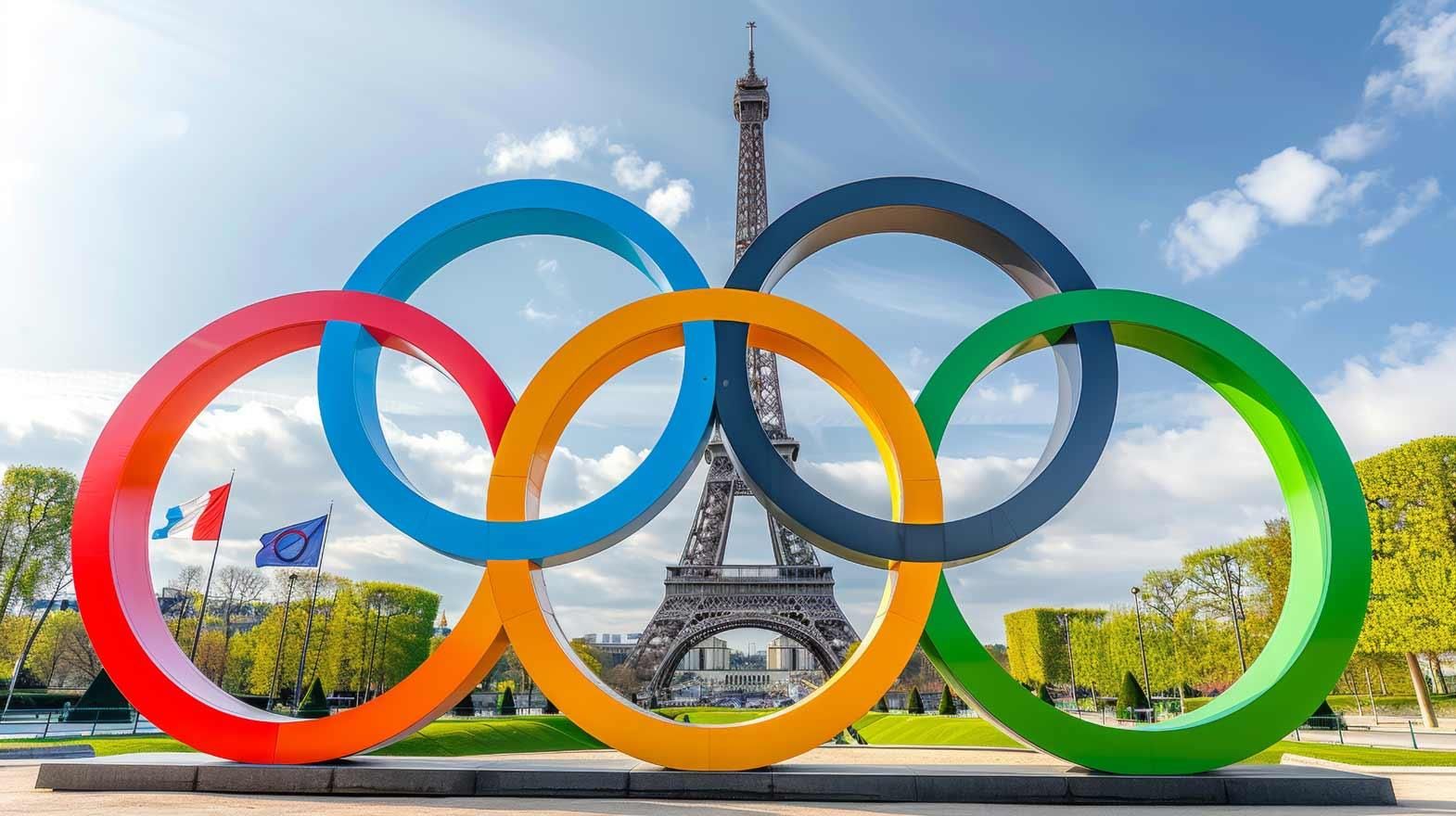Olympic Games are an embodiment of the highest human ideals of fair play, respect for all, and decency. The forthcoming 2012 Olympic Games are creating tremendous excitement. Amid all the excitement building up, beyond the light of the Olympic torch lies in darkness the sad tale of workers involved in the Olympic supply chain. Companies involved in manufacturing apparel for big brands for the 2012 Olympics are involved in imposing overtime, lower wages, and increased production targets. Long and exhaustive working hours, child labor, unhygienic working environments, no supportive trade unions are common issues therein.
It's been more than a decade since brands signed a 'code of conduct' favoring campaigns against the exploitation of workers involved in manufacturing goods for them. Still, too little has changed. The ILO (International Labor Organization) estimates state that more than 215 million children work full time globally. More than 50% of them are exposed to the worst forms of labor such as slavery, hazardous environments, and other forms of forced labor. A latest list released by the US labor department regarding the goods produced by child or forced labor under the Trafficking Victims Protection Reauthorization Act states an appalling fact that cotton, footwear, and apparel makers top the list of worst offenders. In countries such as Vietnam, Sri Lanka, and Indonesia, wages are reported to be paid on the basis of productivity targets, though such practice is illegal. Overtime hours for workers range between 10-40 hours a week without any bonus or incentives.
Workers across the globe are involved in making Olympic kits, and souvenirs. Media clamors at the branded apparels designed for the forthcoming Olympics, but there is little or no concern about those who make those garments, most often working in appalling work conditions, majority of them being women. Brand Adidas is one of the main sponsors for the 2012 London Olympics. Workers in China employed by Adidas face long working hours, less wages, and dangerous working conditions. Workers have no choice, but to work exhausting overtimes, to make their total pay.
A recent report by an anti poverty movement, War on Want named 'Race to the Bottom' states about the Bangladesh factories imposing unfair working practices over their workers. It presents a picture about the situation endured by workers in Bangladesh involved in making sportswear sold by leading brands such as Adidas, Puma and Nike. The report states these brands are failing to uphold the Olympic ideals of fair play.
London 2012 Chair Sebastian Coe is facing pressure due to revelations of workers making clothes for the event. Claims have emerged regarding illegal working hours, unhygienic working conditions, and violence by factory managers. Organizers of the London 2012 Olympics are coming up with new measures for the safety of the workers involved in making merchandise for the event. They are now focused on getting tougher on the factories involved. Decent working conditions based on equality, dignity, and security has come in focus. Regulations are imposed to ensure that workers receive a living wage, free to join a trade union, and get sick leaves, and pay.
Good working conditions enable workers to lift themselves from poverty; now and into the future. Companies involved in making sportswear need to guarantee basic rights for all their workers. This change would make the long-standing legacy of Olympic Games worth celebrating.
References:
Guardian.co.uk
Ekklesia.co.uk
Waronwant.org








Comments